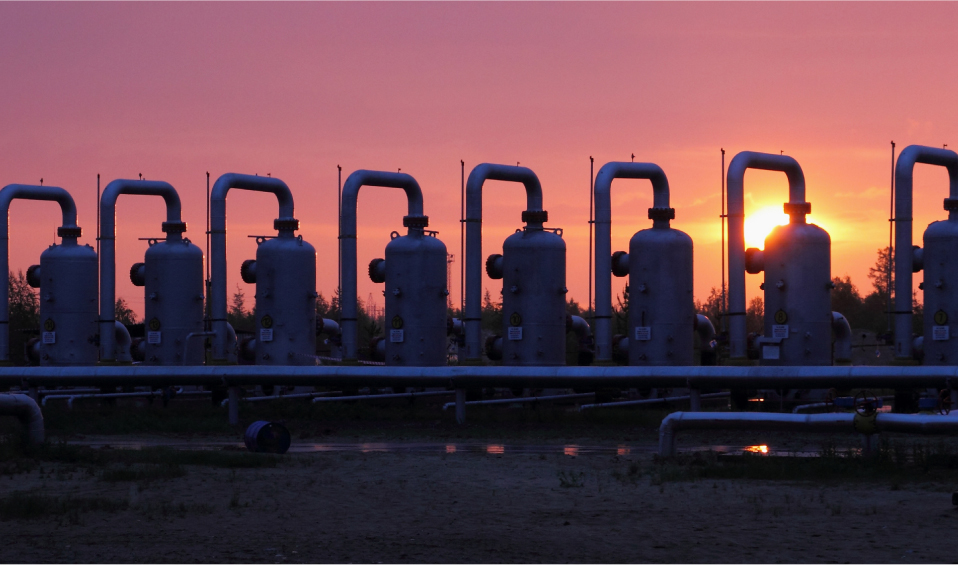
Thanks to ESCP Business School's Energy Management Centre wide network in the academic and business communities, our views on energy news give you comprehensive insight into energy issues.
Please join us...
While everyone has been watching the Strait of Hormuz amid rising tension between the US and Iran, a chokepoint on the other side of the Arabian Peninsula is now at the centre of attention.
The recent attack by the Houthi rebels in Yemen on two Saudi oil tankers each carrying 1 million barrels of oil in the Strait of Bab al-Mandeb and Saudi Arabia’s suspension of oil shipments through the Strait have demonstrated how vulnerable the world’s key oil chokepoints are and how easy it is to disrupt global oil traffic.
Some experts are projecting a peak oil demand by 2036. Others like Fitch Ratings are saying that greater product awareness and technological changes could fast track the adoption of electric vehicles (EVs) that could plausibly lead to a peak oil demand before 2030.
It is, however, debatable as to whether a peak oil demand could be reached during the 21st century. The one certain thing is that oil is expected to remain the world’s primary energy source throughout the 21st century and probably far beyond. A major underpinning factor is the growing world population.




527 Finchley Road
London NW3 7BG
United Kingdom
Tel: +44 (0)20 7443 8800
Fax: +44 (0)20 7443 8845
E-mail: [email protected]










